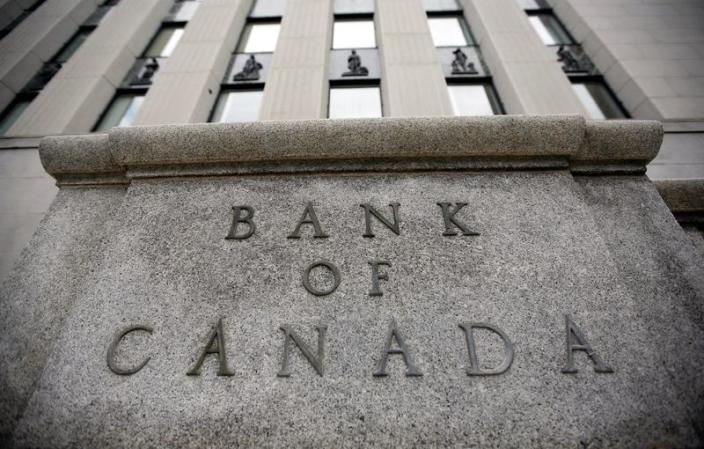The Bank of Canada (BoC) has issued a stark warning about the country’s low productivity, emphasizing the need for immediate action. In a recent address, Senior Deputy Governor Carolyn Rogers urged businesses to invest more in order to enhance productivity. This move, she emphasized, would serve as a crucial buffer against the looming threat of inflation.
Rogers declared, “It’s an emergency - it’s time to break the glass.” She stressed that increasing productivity is essential for safeguarding the economy without relying solely on higher interest rates. The BoC has already raised rates to a 22-year high, but Rogers refrained from specifying a timeline for potential rate cuts.
The Canadian economy grapples with several challenges affecting productivity:
- Insufficient Investment: Rogers highlighted the lag in investment in machinery, equipment, and intellectual property.
- Lack of Competition: A competitive landscape is crucial for driving productivity gains.
- Skills Utilization: New Canadians often struggle to fully utilize their skills, contributing to the productivity gap.
Rogers warned that inflation could become a more significant threat due to factors such as:
- Decreasing Globalization Benefits: As globalization wanes, prices face pressure from demographics, climate change, and trade tensions.
- Productivity and Inflation: An economy with low productivity can only grow so quickly before inflation takes hold.
Despite expectations of productivity improvement post-pandemic, progress has been slow. Meanwhile, other nations outpace Canada in investment. Rogers emphasized the urgency of reversing this trend.
Canadian businesses must prioritize productivity enhancements to fortify the economy against inflationary pressures. The recent uptick in labor productivity is encouraging, but sustained efforts are necessary.
Key Statistics:
- Canadian businesses’ labor productivity rose 0.4% in Q4 2023 after six consecutive quarters of decline.
- Annual productivity declined by 1.8% in 2023, marking the third consecutive year of decline.
The Bank of Canada remains vigilant, ready to act if needed. Boosting productivity is not just a recommendation; it’s an economic imperative.




Comments
Post a Comment